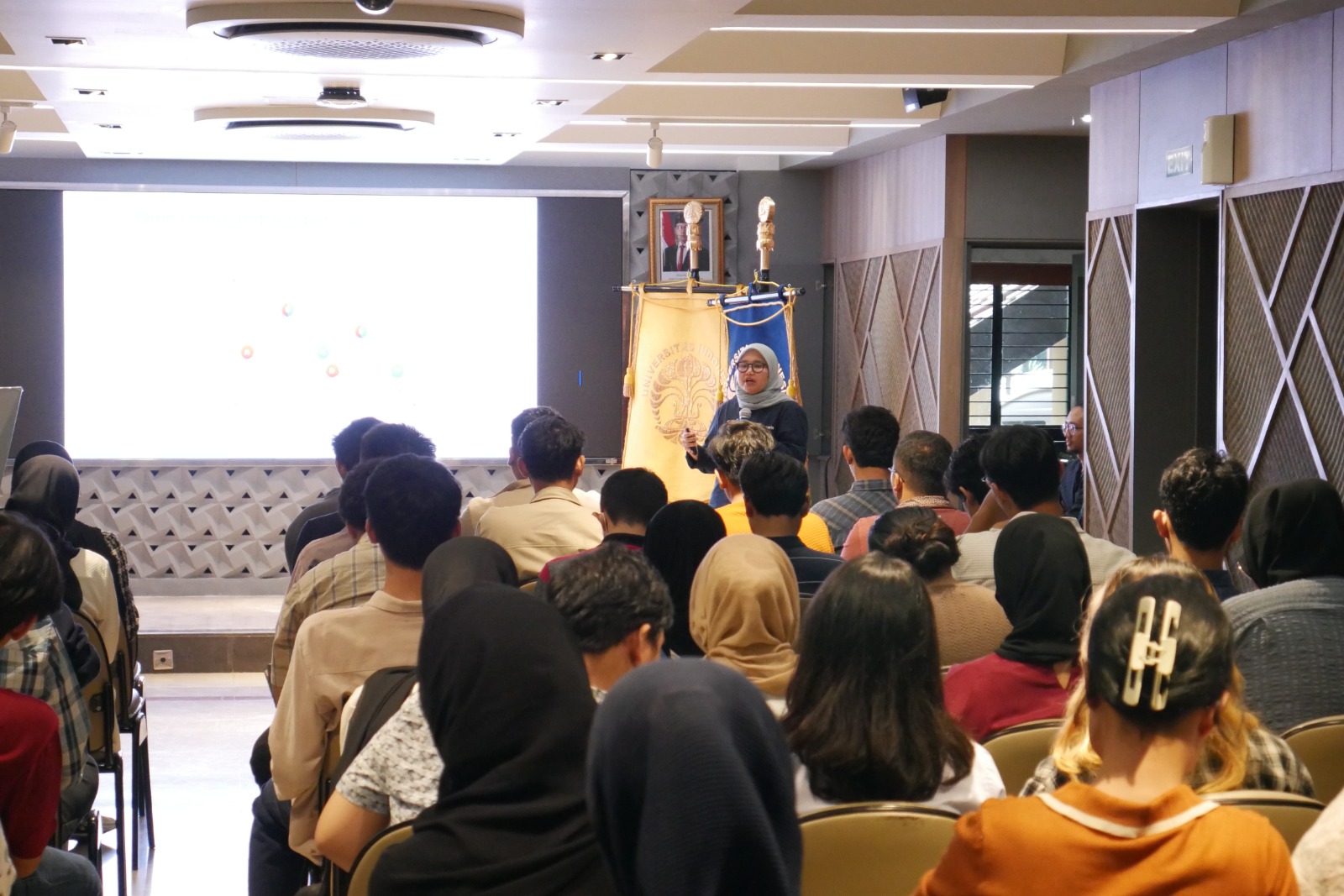On Thursday (11/21), the Department of Metallurgical and Materials Engineering, Faculty of Engineering, Universitas Indonesia (DTMM FTUI), hosted a guest lecture on the theme “Materials in Oil and Gas Operation.” Held in the Smart Meeting Room of the FTUI Dean’s Building, the lecture featured two speakers from prominent pipe industry companies: Syifa Rahmah, S.T., M.Sc.(Eng), Technical Sales Engineer at PT Tenaris, and Nico Riyanto, S.T., E.M.I.B., Market Development Manager at PT Future Pipe Industries (FPI).








